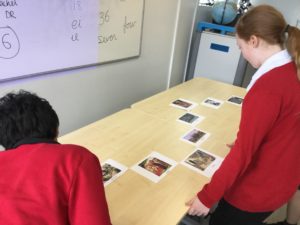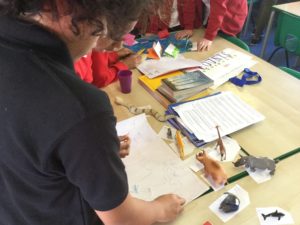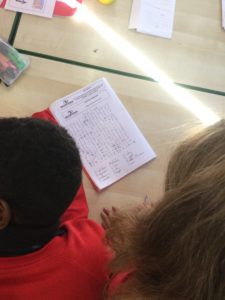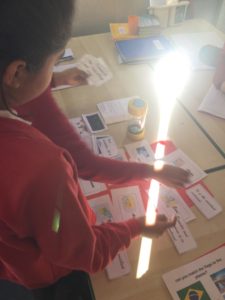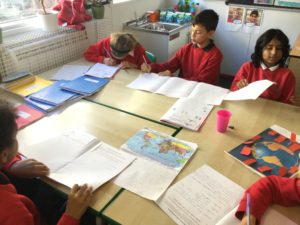It’s important that you check that any sports club or activity that your child attends has your child’s safety as its priority. Even if the club seems professional, there are four key questions that you should ask to make sure that they have all the necessary safeguarding measures in place:
1. Can I see your safeguarding policy?
A good organisation or club should have up-to-date safeguarding procedures in place and be happy to show you copies.
2. Who is your Welfare Officer?
The club should have a designated Welfare Officer who is responsible for dealing with any safeguarding concerns that may arise.
3. Do you follow safer recruitment procedures?
Every organisation providing sporting activities to young people must ensure they have the correct recruitment processes in place which includes interviews, references and have undertaken the appropriate police checks for their volunteers and staff.
4. How do you promote the welfare of children and young people?
The club should be able to demonstrate how they actively promote safeguarding. This includes listening and responding to the views of children and young people.
Don’t be afraid to question. A good and professional organisation will already have procedures in place and will welcome the chance to demonstrate that they are providing a safe environment for your child. Download this leaflet for further guidance on safeguarding in sports.
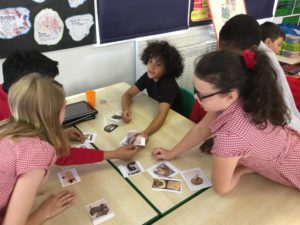
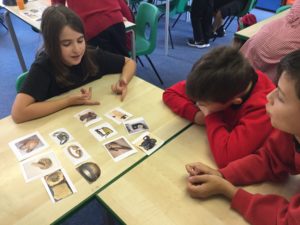
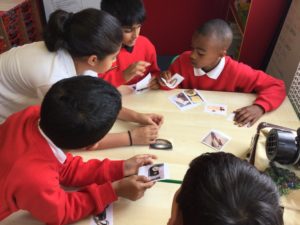
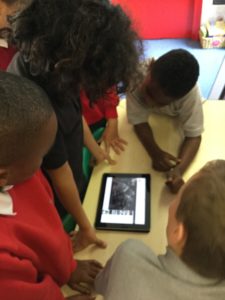 In The Space, we made a timeline of age groups. We also learnt loads of interesting facts about World War 2: it was mainly in Europe, it started in 1939 and ended in 1945 and finally we learnt why it started.
In The Space, we made a timeline of age groups. We also learnt loads of interesting facts about World War 2: it was mainly in Europe, it started in 1939 and ended in 1945 and finally we learnt why it started. 